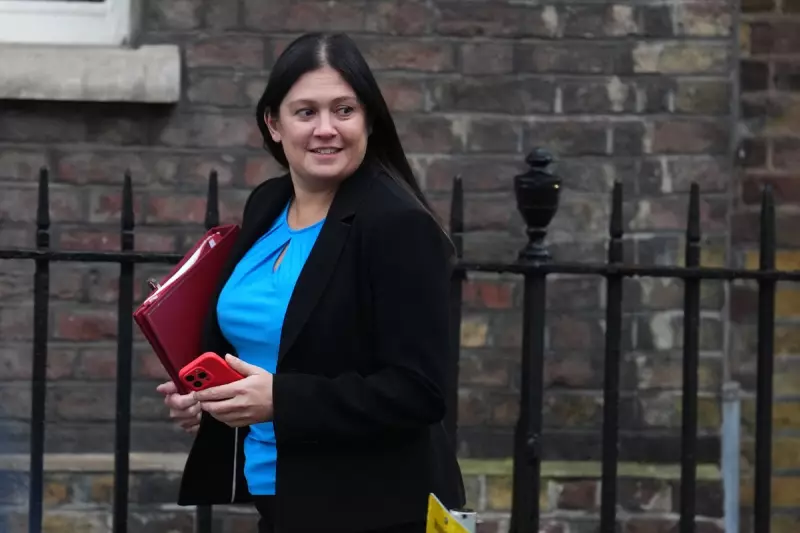
English football stands on the brink of its most significant transformation in decades as the government confirms plans to establish an independent regulator for the national game. The landmark move, championed by Shadow Culture Secretary Lisa Nandy, aims to safeguard the future of football clubs while giving supporters a stronger voice in how their teams are run.
A New Guardian for the Beautiful Game
Speaking exclusively to The Independent, Nandy revealed that Labour would push forward with legislation to create football's first independent watchdog. "This isn't about interfering in the day-to-day running of clubs," she explained. "It's about creating a sustainable future where clubs can't simply disappear because of financial mismanagement or irresponsible ownership."
Learning from Past Tragedies
The regulator's creation follows years of fan-led campaigns and government reviews, including the 2021 fan-led review chaired by Tracey Crouch. The initiative gained momentum after several high-profile club crises, including the collapse of Bury FC and the European Super League controversy that united fans in outrage.
David Kogan, a respected football governance expert, told The Independent: "The English game needs this stability. We've seen too many clubs teetering on the edge because of poor financial decisions. A regulator can provide the oversight that's been missing for too long."
What the Regulator Will Do
- Prevent English clubs from joining breakaway leagues like the European Super League
- Implement stronger financial controls to protect clubs from bankruptcy
- Ensure fair distribution of funds throughout the football pyramid
- Give fans greater influence in key club decisions through a 'golden share' mechanism
- Establish new tests for prospective club owners and directors
A Cross-Party Consensus
Despite political divisions on many issues, football regulation has found support across party lines. The Conservative government had previously committed to the regulator, and Labour now appears ready to see the initiative through to completion.
Nandy emphasised the urgency: "Football clubs aren't just businesses—they're community assets that bind towns and cities together. We cannot stand by and watch more communities lose their historic clubs."
The proposed regulator represents the most substantial reform of English football governance in generations, potentially reshaping how the national game operates for decades to come.





